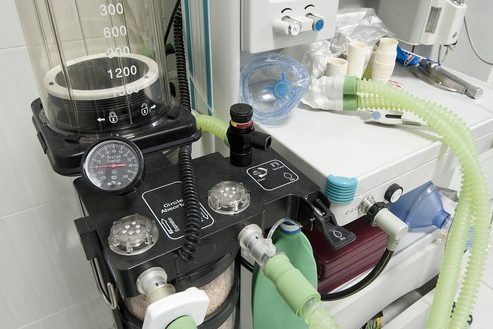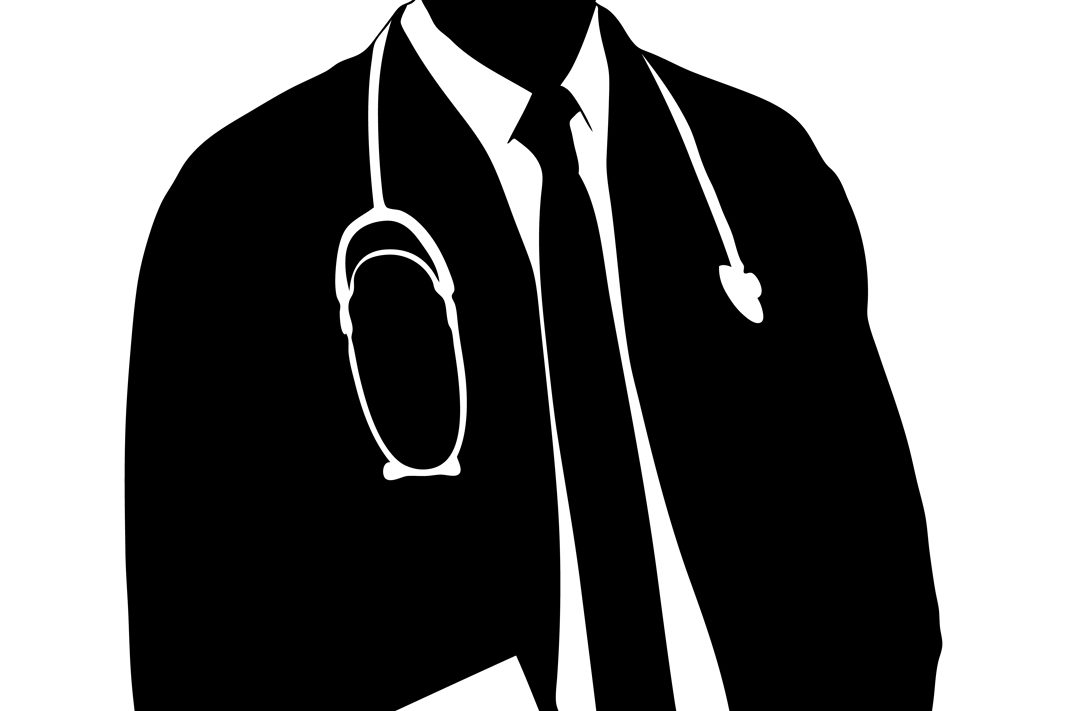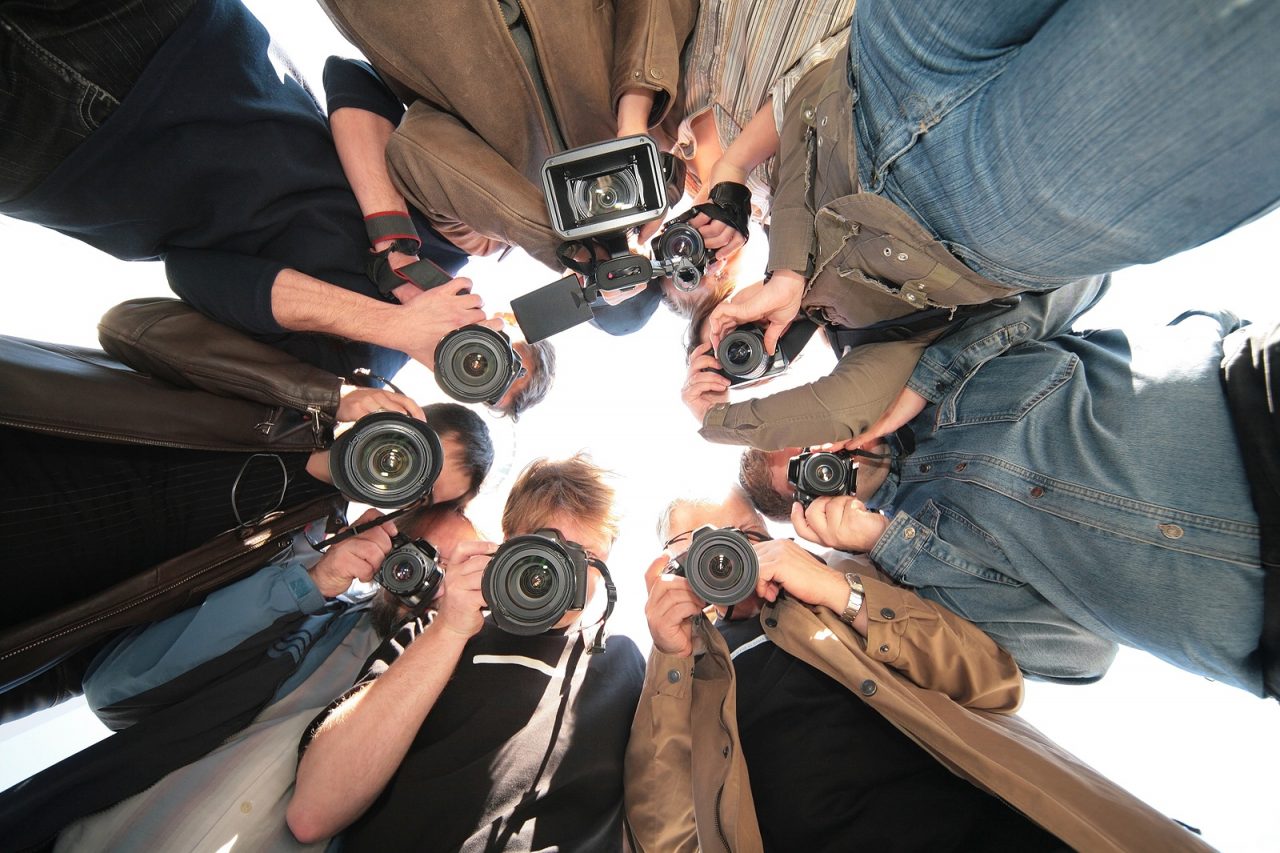“Often when you think you’re at the end of something, you’re at the beginning of something else.” – Fred Rogers
It is with pride that the medical profession is the smartest person in the room. Nourished, selected and manicured, almost from birth, the physician defines “the best and brightest.” This powerful intellect is needed and justified because of their awesome responsibility for human life and limb. Their task is daunting. They must achieve mastery of a massive set of scientific research, technology, manual skill and then maintain that encyclopedic knowledge through a life of voluminous memorization. The doctor is a storehouse of data.
We pick the top-of-the-class, the cream of the crop. Top SAT and MCAT scores. Training that can last more than 14 years after high school. That is why, through their entire lives, physicians spend many hours, each week, in Talmudic-like study. This is the basis for career-long complex, painful, testing and testing and retesting. The doctor must know, with Dewey-decimal like accuracy, everything about the medicine they provide.
That was yesterday, but it will not be tomorrow.
In oncology there are over 40,000 articles published each year. At the blindingly fast reading rate of one article per minute, 10 hours a day, no breaks at all, I can “keep up,” if I read day and night, for 70 days. This does not include conferences, tumor boards, or grand rounds, all of which I need to attend and assimilate. For a doctor to maintain mastery in any area of health care, means not actually having the time to provide healthcare.
The classic answer to this conundrum has been specialization. Therefore, in oncology we have lung cancer specialists, leukemia experts and brain tumor mavens. I am still waiting for my first “right” breast cancer sub-sub specialist, verses the “left” clinic, down the hall. When you cannot go broad, go deep. Neurologists narrow down their “sub-speciality” to epilepsy, stroke or Parkinson’s. Cardiology divides the heart into EP, vascular or structure. A primary doc “does cholesterol,” but not diabetes. Family medicine, does not really mean the whole body, let alone the whole family. In this model the doctor accepts ignorance of the remainder of medicine in order to have focal perfection.
This antiquated model is reflexive, colloquial and flawed. First, we simply do not have enough providers to treat broad populations, if we continue to divide the entire medical profession into micro-specialties. Even then, no single provider can actually “be current” or cutting-edge. What is discovered today in Peking, is not applied in Paris or New York for another year.
In addition, rare is the patient with a single medical problem. The fractured hip is connected to a body with atherosclerosis, emphysema and depression. Pregnancy raises questions of hypertension, coagulation and genetic counseling. Immune therapies to treat cancer result in lupus-like flares, followed by devastating electrolyte wasting renal or GI catastrophe. Anatomic and physiologic deconstruction into innumerable sub-pathologies results in chaotic care coordination, medical error and angry, poorly supported patients.
Finally, as medicine transitions into a protocol driven, metric monitored, value based system, linking quality with cost and safety, it is absolutely a fantasy to believe that the physician can integrate, monitor and actuate all these key performance and outcome factors.
Every patient needs a master clinician who is the repository of all learned medical knowledge. Alas, he is no more.
Therefore, the inefficient, financially irresponsible, and ancient fantasy of the know-it-all doc, must end. The medical profession must transition from its role as walking, breathing, gesticulating information repository. While the terminal application of healthcare must remain, where it should be, in the hands of the doctor, information and complex analysis must move to where it should be … in a silicon data bank.
Just as all of society is shifting knowledge to the cloud, so must it be with medicine. The infinite capacity of server farms to organize, archive and collate our invaluable store of human biologic learning is the answer to the data deluge which swamps every doctor and thus threatens to drown every patient.
This is not just a subtle switch to a new sort of library, a fancy set of index cards, a super new file drawer. This is a metamorphosis in what is means to be a doctor. This is a change in the healer’s role in medical care and a restructuring of the healthcare system itself. This will change how and what medical schools teach, the service and support hospitals provide, and how the healthcare system itself, at the broadest and highest levels, is organized.
First, doctors will not know everything. She will need to have a highly sophisticated understanding of the science of medicine, anatomy, pathophysiology, genetics, pharmacology, research methods and a solid base in information technology. She will need to be a superb diagnostician. She will need to have comprehensive technical skill in the functions of her specialty, whether that is surgery, endoscopy or psychiatric analysis. Critically, she will be a superb listener, a patient teacher, an outstanding communicator and have an emotional intelligence second to none.
The doctor of tomorrow will interface software and wetware … data bank and human, bridging an exploding scientific store of knowledge with that infinitely variable, staggeringly complex, idiosyncratic being, we call a patient. She will do more, with more, because she will focus on the human part of medicine, social, psychological, spiritual and physical, as she is augmented by the information machine.
More than ever, we will need the best and the brightest at the bedside. Healthcare will not get easier, less challenging and certainly not less complex. However, the doctor will be selected and trained differently. The ability to remember every last biochemical reaction will be less critical than understanding every nuance of the human mind and heart. The doctor will not be professor as in library and ultimate authority, but as in teacher, support and direct provider. One patient, one doctor fighting together for health, perfectly connected to the world community of healing.







4 Comments